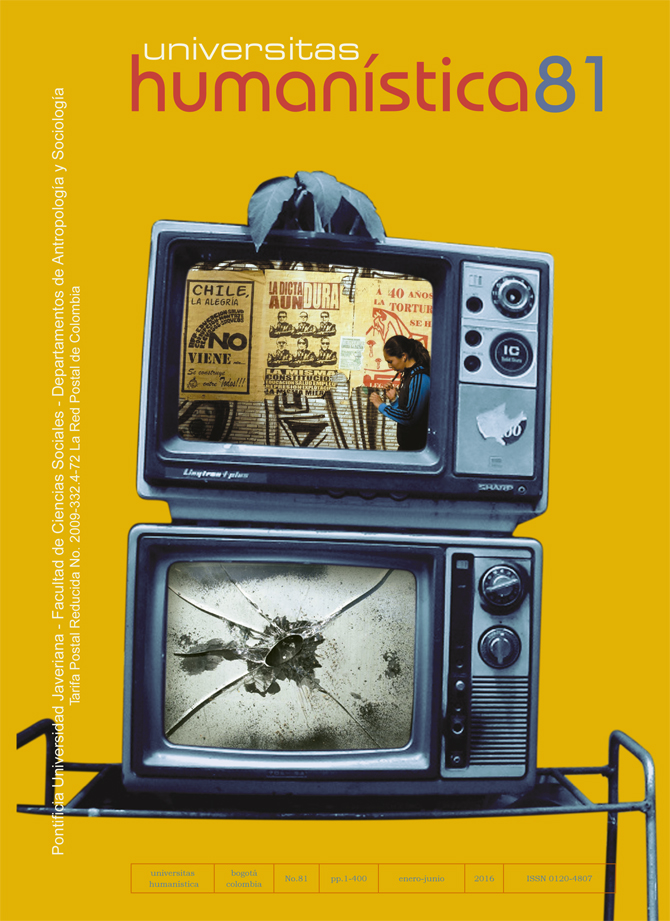Resumen
Con base en los hallazgos de una investigación cualitativa con mujeres y varones peruanos en la ciudad de Córdoba, Argentina, este artículo indaga sobre la articulación entre las masculinidades heterosexuales migrantes y el mundo del trabajo, en particular la costura, analizando las implicancias de ciertas trayectorias laborales en las marcas que configuran las feminidades y masculinidades en contextos migratorios y de exclusión social. A partir del estudio de caso de una familia de migrantes costureros, el artículo reflexiona acerca de las experiencias laborales en relación con las prácticas y sentidos de la identidad masculina y con las resistencias que despliegan los varones frente a la feminización de su actividad. Para ello, recupera trayectorias laborales en origen (Perú) y destino (Argentina), reconociendo la existencia de mercados de trabajo que, en ciertas ocupaciones, se encuentran conectados a partir de la existencia de redes laborales étnico-nacionales constituidas por un importante conjunto de personas que primero fueron migrantes internos y luego internacionales.

La revista Universitas Humanística se encuentra registrada bajo la licencia Creative Commons Reconocimiento 4.0 Internacional. Por lo tanto, esta obra se puede reproducir, distribuir y comunicar públicamente en formato digital, siempre que se reconozca el nombre de los autores y a la Pontificia Universidad Javeriana. Se permite citar, adaptar, transformar, autoarchivar, republicar y crear a partir del material, para cualquier finalidad (incluso comercial), siempre que se reconozca adecuadamente la autoría, se proporcione un enlace a la obra original y se indique si se han realizado cambios. La Pontificia Universidad Javeriana no retiene los derechos sobre las obras publicadas y los contenidos son responsabilidad exclusiva de los autores, quienes conservan sus derechos morales, intelectuales, de privacidad y publicidad.
El aval sobre la intervención de la obra (revisión, corrección de estilo, traducción, diagramación) y su posterior divulgación se otorga mediante una licencia de uso y no a través de una cesión de derechos, lo que representa que la revista y la Pontificia Universidad Javeriana se eximen de cualquier responsabilidad que se pueda derivar de una mala práctica ética por parte de los autores. En consecuencia de la protección brindada por la licencia de uso, la revista no se encuentra en la obligación de publicar retractaciones o modificar la información ya publicada, a no ser que la errata surja del proceso de gestión editorial. La publicación de contenidos en esta revista no representa regalías para los contribuyentes.


